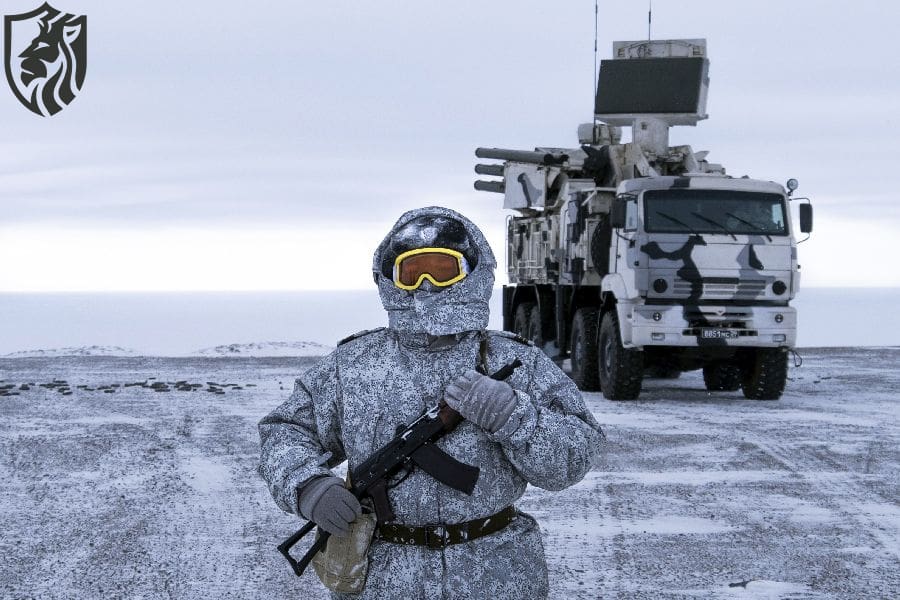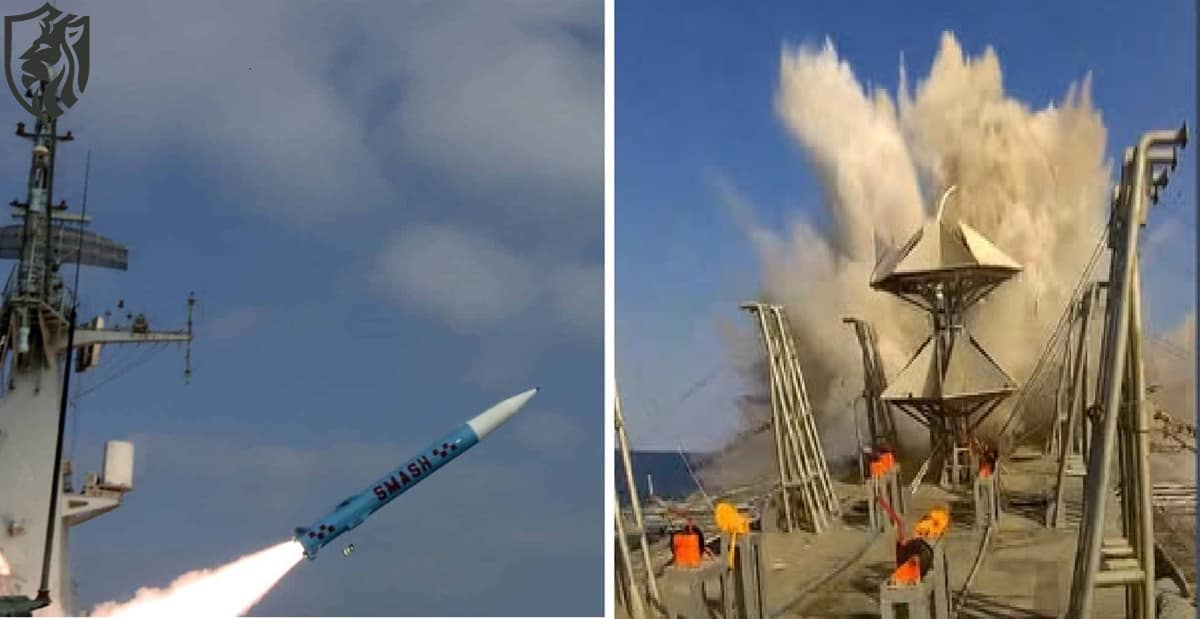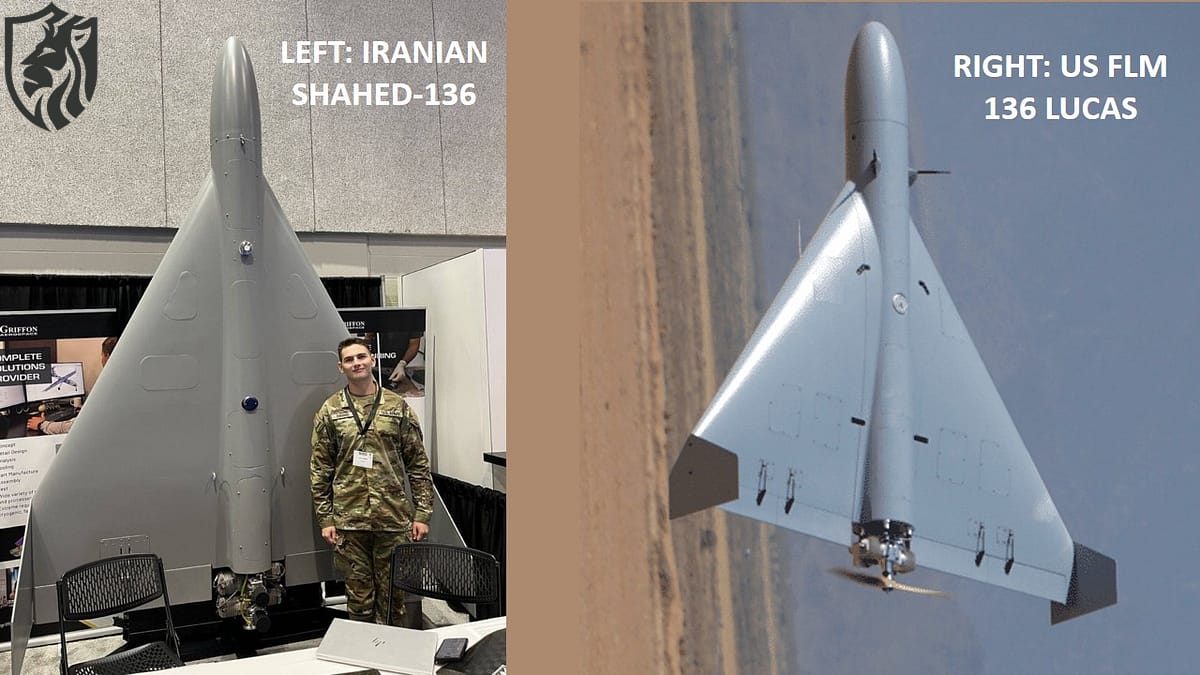
China expels Top Generals in Military Crackdown
Why this Chinese Communist Party military crackdown matters
The Chinese Communist Party military crackdown has removed nine senior commanders in one sweep. It includes Vice-Chairman He Weidong, the PLA’s second-ranking officer and a serving Politburo member. The Defence Ministry says they face prosecutions for major duty-related crimes involving large sums. Analysts also see a political purge ahead of October’s Fourth Plenum, where personnel shifts could reset power and doctrine.
Who was purged—and why it is unprecedented
Beijing expelled He Weidong, Miao Hua, He Hongjun, Wang Xiubin, Lin Xiangyang, Qin Shutong, Yuan Huazhi, Wang Houbin, and Wang Chunning from the Party and the military. Eight served on the Central Committee; He Weidong also sat on the Politburo. Such removals at this rank are rare in modern PLA history. Therefore, the Chinese Communist Party military crackdown signals both anti-graft intent and leadership consolidation.
Timing: right before the Fourth Plenum
The Fourth Plenum opens on 20–23 October 2025, focused on the next development plan and personnel clarity. Purge timing suggests a desire to reshape the Central Committee, CMC slots, and command pipelines before decisions on budgets, doctrine, and industry links. Consequently, elite attendance will be inspected for absenteeism.

Reading the signal inside the system
Xi Jinping’s campaign seeks a disciplined, loyal force after years of high-profile removals, including former defence ministers and Rocket Force leaders. Yet purges can chill initiatives because cadres prioritise political safety over experimentation. The Chinese Communist Party military crackdown may thus deliver cleaner governance but also a more cautious command culture.
Operational implications: readiness, procurement, and deterrence
First, leadership churn can delay procurement and testing cycles, especially in sensitive branches like the Rocket Force and joint operations. Second, stricter oversight may slow discretionary spending but tighten quality control in munitions, ISR, and space-based C2. Third, allies and rivals will gauge near-term readiness through exercise tempo and deployment patterns. In short, this Chinese Communist Party military crackdown could create short-term friction while aiming for long-term standardisation.
What to watch next
- Plenum seating and replacements: New CMC and Theatre appointments will reveal trust networks and policy direction.
- Rocket Force continuity: Any pause in a test activity or command realignment will indicate program health.
- Public discipline rules: Additional “iron rules” or cadre guidelines would institutionalise this Chinese Communist Party military crackdown.

Expert lens: politics and power
Independent analysts argue the move projects strength while narrowing policy bandwidth. The party’s logic frames corruption control as a “self-revolution,”, yet rigid incentives can slow adaptation at the edge of conflict. Therefore, the Chinese Communist Party military crackdown could boost top-down control while increasing brittleness if promotions skew toward loyalty over initiative.
Bottom line
The purge removes nine senior officers across the Army, Navy, Rocket Force, joint ops, and Armed Police. The purge occurs just days before a crucial plenum, paving the way for personnel resets. According to defence watchers, the Chinese Communist Party’s military crackdown is both a legal action and a strategic reshuffle with real implications for readiness, procurement, and deterrence.
References
- According to AP News, China has expelled its No. 2 general along with several others. AP News
- Reuters — China expels top generals; purge widens. Reuters
- Financial Times — Purge of nine top commanders. Financial Times
- Brookings—Primer on China’s Fourth Plenum. Brookings






